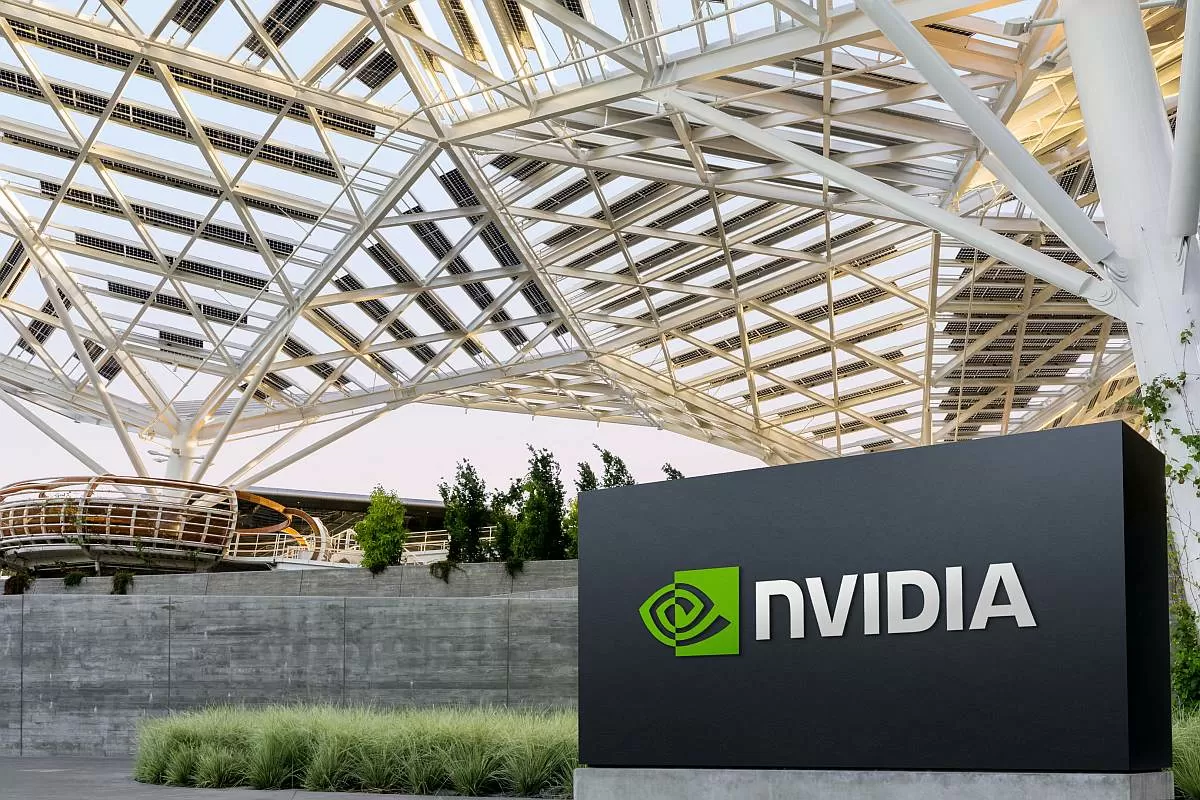Nvidia, one of the leading chipmakers in the world, has recently found itself in hot water as it faces a lawsuit from three authors who claim that the company used their copyrighted books without permission to train its NeMo AI platform. This has sparked a debate about the use of copyrighted material in the development of AI technology and has raised questions about the ethical implications of such actions.
The US-based company has been touting its NeMo AI platform as a fast and affordable way to adopt generative AI, which has gained popularity in recent years. However, this is not the first time a company has been sued for using copyrighted work to train AI models. This raises concerns about the lack of regulations and guidelines in the rapidly growing field of AI.
The three authors, whose books were allegedly used by Nvidia without their consent, have filed a lawsuit against the company in a federal court in California. They claim that their work was used to train the NeMo AI platform, which is used for tasks such as text generation, translation, and speech recognition. The authors are seeking damages and a permanent injunction against Nvidia to prevent them from using their work in the future.
Nvidia has denied the allegations and stated that they have not used any copyrighted material without permission. The company has also emphasized that their NeMo AI platform is based on open-source software and has been developed using publicly available data. However, this has not stopped the authors from pursuing legal action against the chipmaker.
The use of copyrighted material in the development of AI technology has been a contentious issue for some time now. While some argue that it is necessary for the advancement of AI, others believe that it is a violation of intellectual property rights. This case has once again brought this issue to the forefront and has sparked a debate about the ethical implications of using copyrighted material in AI development.
On one hand, the use of copyrighted material can significantly speed up the development of AI technology. By using existing works, AI models can be trained faster and more accurately, leading to more advanced and efficient systems. This can also make AI technology more accessible and affordable for smaller companies and startups, who may not have the resources to develop their own training data.
However, on the other hand, the use of copyrighted material without permission raises concerns about the protection of intellectual property rights. Authors and creators have the right to control how their work is used and profited from. By using their work without consent, companies like Nvidia are essentially profiting from someone else’s intellectual property, which is a violation of their rights.
This case also highlights the need for regulations and guidelines in the field of AI. As the technology continues to advance at a rapid pace, it is important to have clear guidelines in place to ensure that ethical standards are upheld. This includes addressing the use of copyrighted material in AI development and finding a balance between the advancement of technology and the protection of intellectual property rights.
In conclusion, the lawsuit against Nvidia by three authors for the use of their copyrighted books to train its NeMo AI platform has sparked a debate about the ethical implications of using copyrighted material in AI development. While the use of such material can lead to faster and more advanced AI technology, it also raises concerns about the protection of intellectual property rights. This case serves as a reminder of the need for regulations and guidelines in the field of AI to ensure that ethical standards are upheld. As the technology continues to evolve, it is crucial to find a balance between innovation and respecting the rights of creators.




